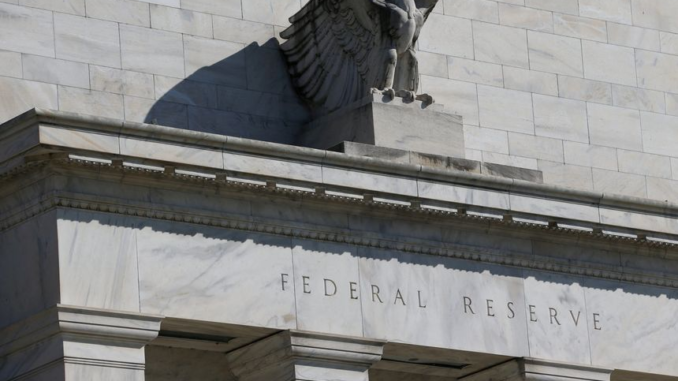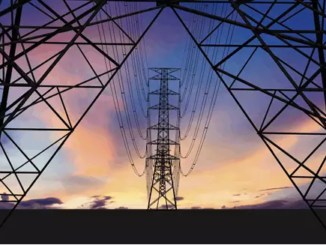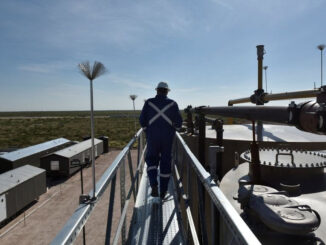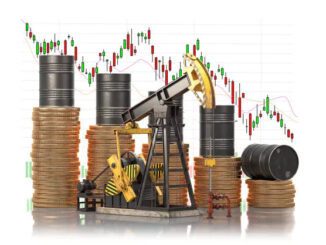
A sustained halt in Russian energy exports could have a dire effect on the global economy, a report from the Federal Reserve Bank of Dallas said on Tuesday.
“If the bulk of Russian energy exports is off the market for the remainder of 2022, a global economic downturn seems unavoidable. This slowdown could be more protracted than that in 1991,” the bank said in a report written by staff economists Lutz Kilian and Michael Plante.
The Dallas Fed report arrives at a time of considerable uncertainty for both the U.S. and global economies. Even before the Russian attack on Ukraine began nearly a month ago, economies around the world were facing surging levels of inflation, tied to a mix of strong demand and continuing supply-chain difficulties from the coronavirus pandemic.
The price pressures have pushed the Federal Reserve and other central banks to raise the cost of borrowing in order to restrain inflation, confident that their respective economies are strong enough to weather the shift in policy.
But Russia’s war has exacerbated the world’s economic problems, as nations around the world have imposed sharp sanctions on it. As a result, energy prices have skyrocketed, supply chains have been further scrambled, and inflation could head even higher depending on how deeply Russian energy exports drop.
The Dallas Fed report noted that the world has no easy way to replace Russian fossil fuels, nor are the disruptions solely to energy products, but to key food and commodity prices as well.
“Unless the Russian petroleum supply shortfall can be contained, it appears necessary for the price of oil to increase substantially and to remain elevated for a long period to eliminate the excess demand for oil,” the report said. “This demand destruction is likely to be assisted by the recessionary effect of higher natural-gas prices and other commodity prices, especially in Europe.”
Meanwhile “the surge in global fuel, electricity, residential natural gas and food prices, as well as the supply-chain disruptions caused directly by the invasion of Ukraine and indirectly by the sanctions against Russia, will sustain inflationary pressures in 2022,” the authors wrote.
For now, the Fed is staying the course on rate rises despite the war in Ukraine. On Monday, Fed Chairman Jerome Powell said aggressive rate rises, even large half-point increases, were on the table as the central bank works to get inflation under control.
Last Friday, Fed governor Christopher Waller said in a television interview that uncertainty generated by the attack on Ukraine had pushed him to vote for the smaller quarter-point rate increase the Fed carried out last week, rather than the bolder move he believed the economic data called for. But he also said the modest rise could be a one-off event, and that he still favored an aggressive “front-loading” of the campaign to raise the cost of money.
Meanwhile, in a Bloomberg television interview Tuesday, St. Louis Fed President James Bullard —the only Fed official to vote for a half-point rate increase last week—said the U.S. faces geopolitical risk, but added, “We can’t wait for that to get resolved… The best contribution we can make is to get our house in order and make sure that the U.S. economy is doing as well as we can achieve.”
In his remarks Monday, Mr. Powell again expressed his confidence that the U.S. isn’t on track for a downturn. “I don’t see a reason to think that the likelihood of a recession in, say, the next year is elevated,” he said.
Source: WSJ



